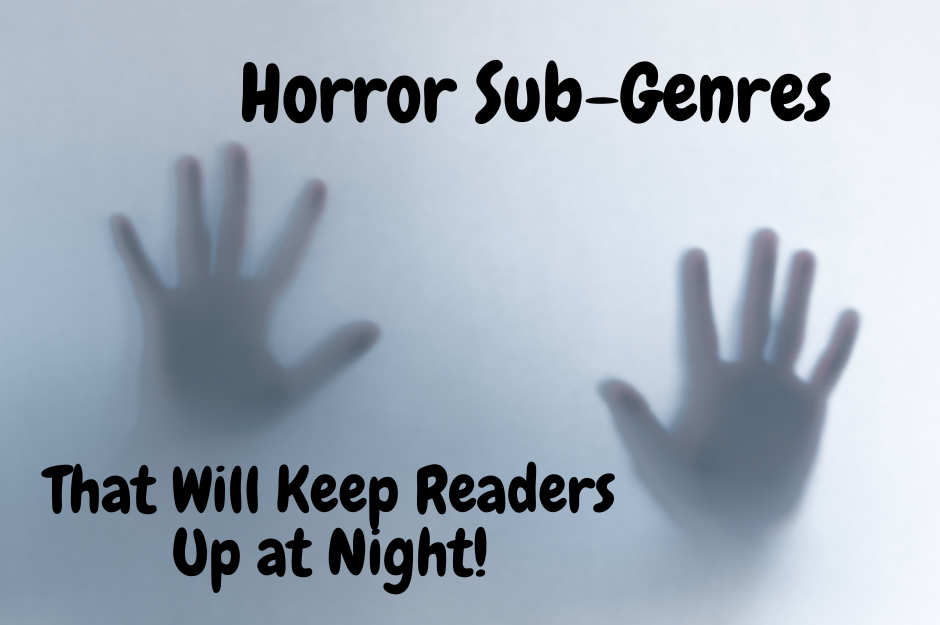|
Listen to or download this article:
|

Rule #1 for Developmental Writing Tips Guidelines by Jessica Page Morrell
While rules and techniques are not written in stone, most of the basic guidelines of fiction stem from logic and an understanding of dramatic structure. Don’t break the rules until you know them, or better yet, until your first novels have sold.
Editor’s Note: Often it is hard for the author to objectively read her or his work for the following issues. This is where the author’s agent or the publisher’s editor comes into play by doing a close read of the work for these top-level issues. We, at Chanticleer Reviews Editorial Services, see that it is at the point where authors make the mistake to start copyediting their works when they should have their manuscript evaluated by an editor, agent, or publisher.
The power of a manuscript overview makes it one of the best tools that traditional publishing houses and literary agents make available to their authors. Best-selling authors receive great editing and feedback from agents and senior editors on early drafts, which most self-publishing authors never receive. When feedback comes early in a work’s progress it allows the author to, not only create a more polished final product but also publish more works.
It is very difficult for the author to discern the following because it takes fresh eyes and perspective to evaluate the manuscript aka work-in-progress. The entire manuscript should be read and then commented on and evaluated. To learn more about Chanticleer’s Manuscript Overview and Evaluation Service can save you time and money, please click here.

Writer’s Toolbox
Now for the DEVELOPMENTAL FICTION TIPS and GUIDELINES by Jessica Page Morrell
Chanticleer Reviews Editorial Services WRITER’S TOOLBOX SERIES
- While rules and techniques are not written in stone, most of the basic guidelines of fiction stem from logic and an understanding of dramatic structure. Don’t break the rules until you know them instinctfully.
- Nothing should happen at random and all fiction is causal.
- Plot stems from adversity.
- Each major character has an agenda.
- Foreshadow all important elements.
- The protagonist is proactive, taking charge of events, formulating goals and plans.
- Plot dramatizes character.
- Avoid gimmicky openings—whatever happens in the opening scene needs to provide a big payoff.
- Don’t create an ordinary problem for your protagonist to face or overcome. If this problem is not solved, it should destroy something important in his life.
- Although a protagonist’s problems are the basis for fiction, don’t throw in a pile of unrelated or extraneous problems simply to complicate the plot.
- Avoid problems being solved by another character, a rescuer, or a force of nature.
- Remember that major fictional characters always evolve, including antagonists and villains.
- Minimize or eliminate transitions between scenes and chapters when you can. Contemporary readers are able to jump locations and time zones in the story with little direction.
- Make certain that details and descriptions are included for a reason, to contribute to the overall plot and create a vivid, brimming world. Details are chosen chiefly to stir the reader’s emotions, characterize and push the story forward.
- Do not use last-minute rescues, the cavalry arriving to save the protagonist or coincidences to end a story.
- Avoid needless flashbacks. Flashbacks are vital to the overall plot, vivid and brief if possible. Because they stop the forward momentum of a story, the writer needs a good reason to leave the straight-ahead chronology.
- Do not include characters without names.
- Each scene and chapter should somehow ratchet up the tension.
- Write about the most important or interesting segment in a protagonist’s life, not birth to death biography.
- Do not depict the villain screwing up in order for the protagonist to win. The protagonist needs to be more desperate or have a stronger will or desire to win.
- Watch out for car chases, earthquakes and other acts of nature, bombs, explosions and other incendiary devices to end the story.
- If the story contains a victim, such as a murder victim in a mystery, make certain that the reader can feel loss and empathy for him or her.
- Remember that major fictional characters evolve.
- A plot is designed to reveal the protagonist taking on goals and overcoming opposition.
- Nothing in fiction happens at random; everything is causally related.
- Beware of digressions that follow your interests or research, not the story. Rein yourself in.
- Write an ending that the reader cannot see coming.
- Allow readers to understand why villains do what they do by providing some backstory and motivation.
- Make certain that all your characters do not sound the same.
- Write about the most important or interesting segment in your character’s lives—not a birth to death biography.
- Structure scenes around scene goals.
- Beware of digressions that follow your interests rather than the plot.
- Write an ending that the reader cannot see coming.
- Allow readers to understand why villains do what they do by providing some backstory and motivation.
- Make certain that all your characters do not sound the same.
- Write about the most important or interesting segment in your character’s lives—not a birth to death biography.
- Structure scenes around scene goals.
- Beware of digressions that follow your interests rather than the plot.
And, finally, Rule Number 1 again:
While rules and techniques are not written in stone, most of the basic guidelines of fiction stem from logic and an understanding of dramatic structure. Don’t break the rules until you know them, or better yet, until your first novels have sold.

Click here to download the handy WORD file for Jessica Page Morrell’s
DEVELOPMENTAL FICTION TIPS that you can print out.

Jessica Page Morrell
Jessica Morrell is a top-tier developmental editor and a contributor to Writer’s Digest magazine, and she teaches Master Writing Craft Classes at the Chanticleer Authors Conference that is held annually along with teaching at Chanticleer writing workshops.
Jessica will teach a Master Class and advanced writing craft sessions at CAC19.
Jessica understands both sides of the editorial desk–as a highly-sought after content development editor and an author. Her work also appears in multiple anthologies and The Writer and Writer’s Digest magazines. She is known for explaining the hows and whys of what makes for excellent writing and for sharing very clear examples that examines the technical aspects of writing that emphases layering and subtext. Her books on writing craft are considered “a must have” for any serious writer’s toolkit. For links for her writing craft books, please click on here.
Chanticleer Reviews and OnWord Talks will interview Jessica for more of her writing tips and advice. Stay tuned! ~ Chanticleer (who hails from Chaucer’s Canterbury Tales).









Leave A Comment